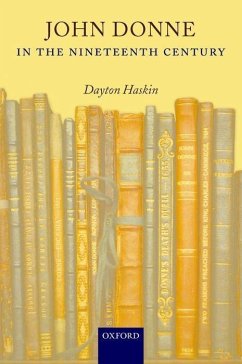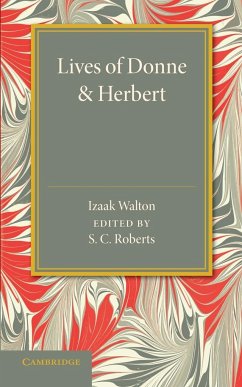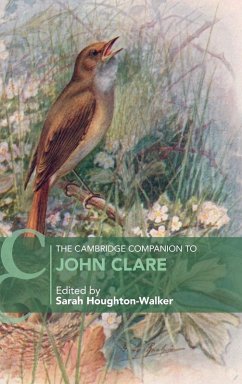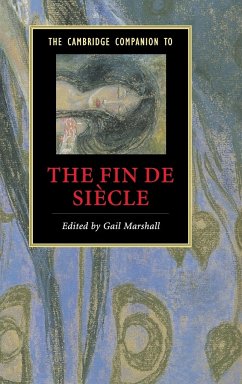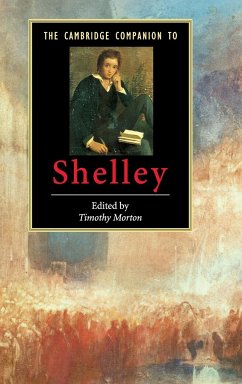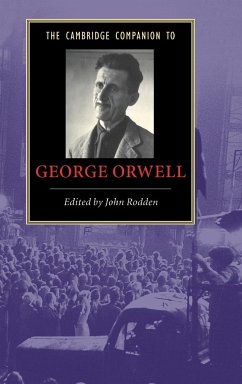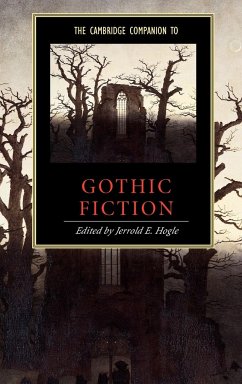
The Cambridge Companion to John Donne
Versandkostenfrei!
Versandfertig in 1-2 Wochen
118,99 €
inkl. MwSt.
Weitere Ausgaben:

PAYBACK Punkte
59 °P sammeln!
This collection of specially written essays offers a comprehensive introduction to John Donne - the pre-eminent metaphysical poet, and one of the greatest lyric poets of all time, whose intellect and irreverent wit has left a mark and influence on English poetry. An invaluable guide for both student and teacher, the essays offer the most up-to-date scholarship and introduce students to the current thinking and debates about Donne. Special features include a chronology; a meditation on Donne by the contemporary novelist A. S. Byatt; and an extensive bibliography of editions and criticism.







